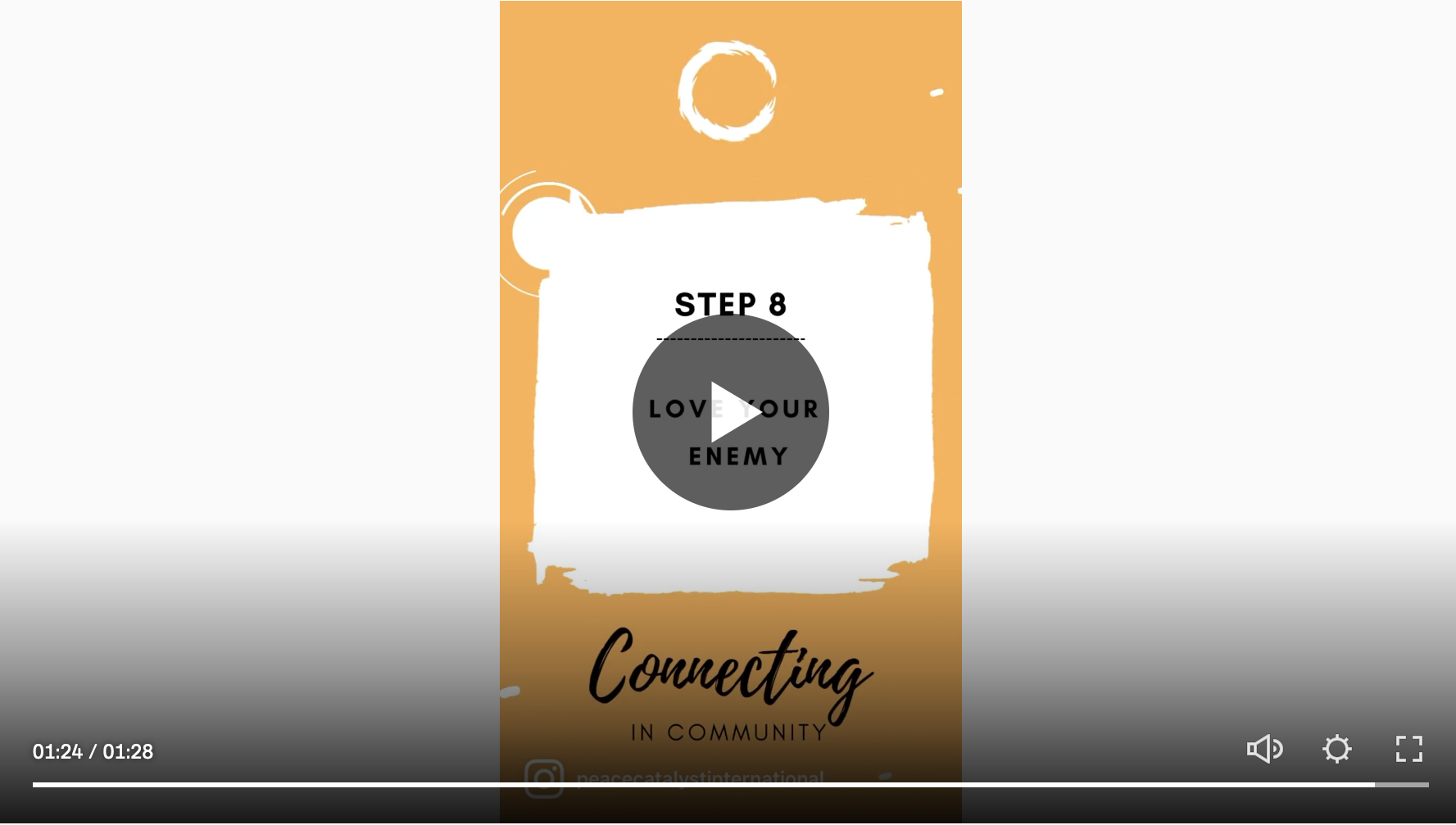We Don't Always Know What We Think We Know
Artwork by Susan E. Brooks, created for the Kentucky Refugee Ministries “Art Makes Home” project, from the archives of Kentucky Refugee Ministries, used with permission.
by Susan Brooks
Sometimes we think we know what’s going on, but we don’t. We assume the situation could only be as it appears on the surface, but if we look into it further, we may find that we don’t know what we think we know.
A Conversation at the Mosque
One afternoon (pre-covid) my husband Martin was leading a group of Christians on a tour of a local mosque. When the tour ended, a drenching rain was pouring down, so he visited with the tour guide, waiting for the shower to subside.
Martin and the woman who guided the tour had met before. She knew him as a friend of the imam, and as they chatted, Martin mentioned that I taught at the Christian school next door.
At the mention of the school, the woman’s mood changed, and she began to share a story. Months earlier, the community at the mosque heard the terrible story of Muslims being shot over a parking space in North Carolina. “We need to build goodwill in our community,” they thought, so they planned to deliver fruit baskets to local businesses. In order to let people know they were peace-loving, good neighbors, the women from the mosque delivered the baskets to nearby locations, including the Christian school where I taught.
A short time afterward, a gentleman from the school returned the fruit basket to the mosque. The tour guide was visibly upset and hurt as she told the story. She felt rejected by the returning of the basket. “Those Christians wouldn’t accept anything from Muslims because they hate us,” she probably thought.
The Other Side of the Story
Martin came home that afternoon disturbed by what he had heard. He didn’t think the school administration would reject a fruit basket just because it came from Muslims, but what other explanation could there be? The woman who told him about it was convinced she had been snubbed. He told me the story, and we decided we couldn’t let this one slide.
Almost immediately, we told the school administrator, and she asked around. Within a few hours, we heard a completely different angle on what happened.
At about the same time the mosque delivered the fruit baskets, the local news reported that a Muslim man was shot and killed in a road rage incident. It turned out the man’s children attended the mosque school next door to our Christian school. So when Muslim women brought the fruit basket to our school, our administration thought it was a mistake. They assumed the basket was meant for the family of the man who had been shot. “They must have the wrong school.” Taking the fruit basket to the mosque was the right thing to do, it seemed to to them, so the administration sent the basket over to the mosque for the bereaved family.
The Christian school tried to straighten out the misunderstanding, but it wasn’t easy to undo an emotional wound. Can you imagine if we hadn’t approached them about it?
We Don’t Always Know
When I first heard the story, I couldn’t fathom a good explanation. Why on earth would the school return the fruit basket? I thought I knew the character of my friends. Why would they do such a thing?
Too many times we assume the worst of others, and we never ask in order to get the facts straight. Now more than ever, we need to go to the original source whenever possible to get the correct information. This may mean going directly to friends or acquaintances and asking what happened from their perspectives, it might mean fact-checking a story before sharing on social media, or it may mean getting to know people from groups we have negative assumptions about.
As followers of Jesus and good citizens, we can’t give up on the truth. Go to the person you have questions for with love and respect, assuming the best of them. Listen to both sides of the story. Communicate clearly and work toward reconciliation.
We don’t always know what we think we know, so let’s give each other “grace upon grace” (John 1:16).
Originally published at https://www.patheos.com/blogs/learningtolovegodbylovingothers/











